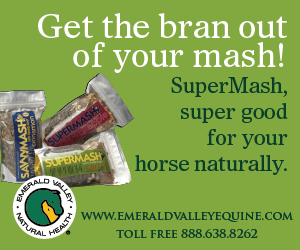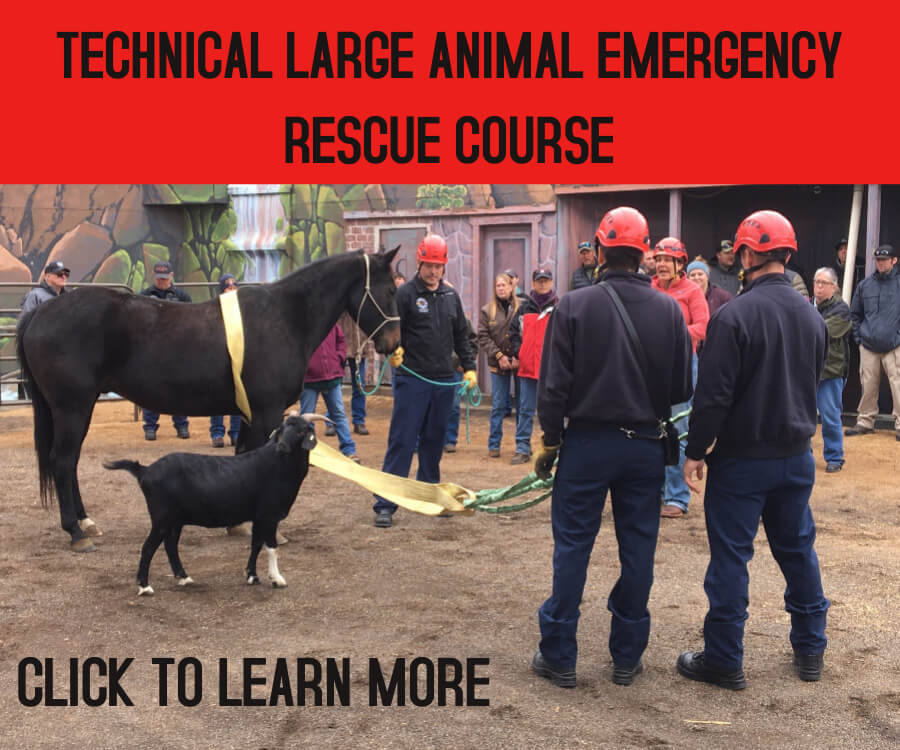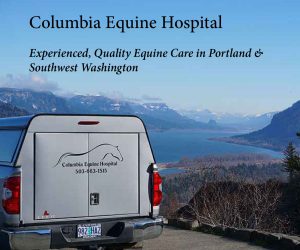Know the Realities of Wetlands Regulations
by Allison Trimble and Tess Cooper
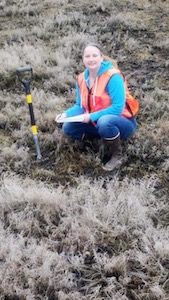
Most horse property owners in the Pacific Northwest have some familiarity with wetlands. As a Realtor, it’s important to have a team of specialists to help clients through the process of dealing with wetlands issues. I invited Tess Cooper of Puget Consulting and Restoration to answer a few questions.
What is a wetland?
A wetland is an area that naturally has water present for all or even just part of the year; this can look like many things including ponds, salt water lagoons, and swamps. However, wetlands do not necessarily look this obvious, they can also be wet meadows, hay fields, agriculture ditches, hill sides, and forest ravines. The water supply can be from rain, ground water, or surface water.
How is a wetland determined?
To determine if a wet area is a regulated wetland you have to evaluate three indicators: the natural vegetation, the soil composition, and the hydrology. The method was developed by the US Army Corp of Engineers and is a complicated process of collecting data to calculate vegetation species dominance, documenting soil colors and textures, and identifying evidence of water. An area must match very specific standards in all three of these categories to be classified as a wetland.
What would wetlands on a horse property mean for pastureland?
Historically, farmland was created in areas of wetland because of the rich and fertile soil. Wet areas were ditched and drained to make the land usable. Your pastureland may not look like a typical wetland but it could certainly be a regulated wetland. This may or may not have implications for your horse property. If you plan to use the property as is and make no future modifications, then you will likely be allowed to continue to use the land as pastureland. However, if you need to build on or modify the land in the future, those development activities will be required to meet the current environmental regulations. If you have large acreage that is in agricultural zoning or tax program, you may be granted some exemptions; smaller hobby farms may have stricter regulations. This all depends on your local jurisdiction.
What should be considered before buying raw land?
There are many considerations that you should evaluate before making a decision to purchase land. By Washington State Law, the government cannot deny the reasonable economic use of property regardless of wetlands—so wetlands do not create wasteland. But what’s deemed “reasonable” is subjective so developing property with wetlands will be more complicated, more expensive, and will likely have long-term requirements. Beyond regulatory and financial constraints, there are practical considerations to evaluate as well including structural integrity, moisture, humidity, mold, and mud. Many wetland consultants provide a wetland reconnaissance process to help you evaluate land before you make the final purchase. I highly recommend contacting a consultant early in the process.
What should be considered when buying an existing property?
When buying any property, it’s important to be aware of surrounding wetlands—and their presence is not always obvious. Critical area maps show known wetlands, but it’s impossible to map every one. The only way to know for sure is to look around. If you see suspicious areas, consult a professional. It’s also important to note that the area surrounding the wetland (called a protective buffer) is also subject to regulation. The extent of the buffer depends on local requirements and wetland conditions. The property you’re considering might even be a protective buffer to a neighboring property’s wetland.
Anything else?
Even if wetland regulations don’t affect your plans, it’s important to learn about wetlands on your horse property. Being a good steward of the land will make land management easier and more rewarding. Work with your local conservation district to create a farm plan; they can help with mud management, manure management, and fencing needs. Most districts even have funds available to subsidize these costs.
Bio for Tess Cooper:
Tess Cooper owns Puget Consulting & Restoration. She has a Bachelor’s Degree in Geography, Environment and Resource Management from Western Washington University and more than 10 years of combined experience working for state and local jurisdictions in salmon enhancement, natural resource management, environmental compliance, critical area planning and biological evaluation. She started PC&R to provide valuable facilitation between landowners and regulatory authorities. Her spare time is spent with her family, in the outdoors, or working on her little farmstead. Find her on Facebook at Thistle Weed Farm or Puget Consulting & Restoration.
Originally Published March 2017 Issue
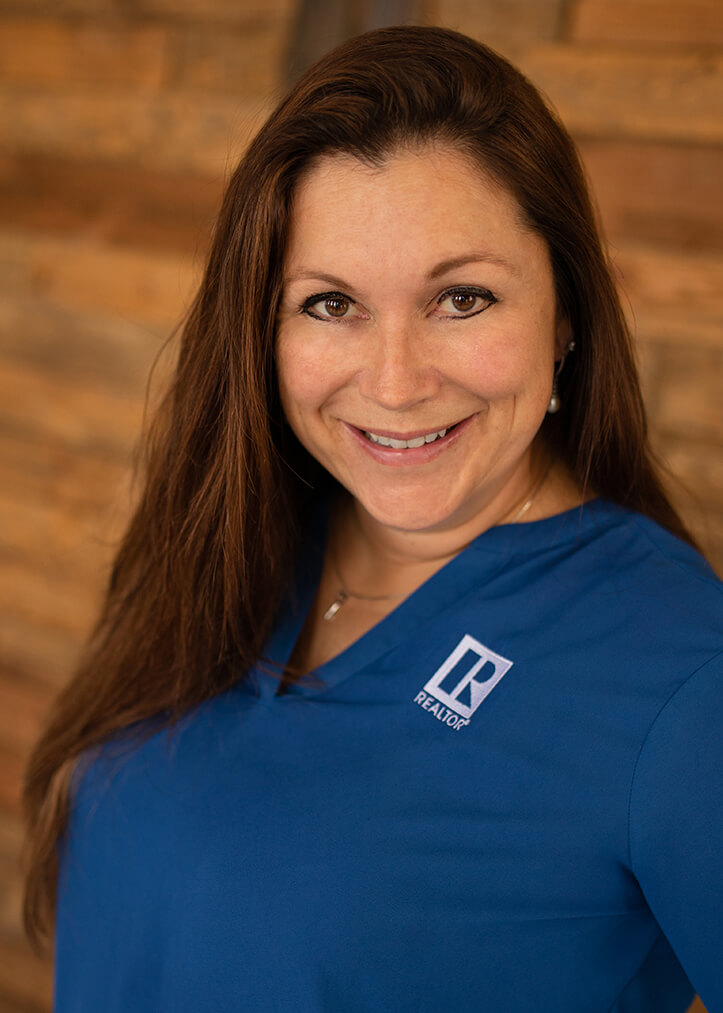
Allison Trimble is a Realtor® specializing in equestrian properties, farm and ranch properties, and residential real estate. As a former horse trainer, and a current owner, breeder and non-pro competitor in cow horse and reining events, she combines her experience in the horse industry with her lifelong real estate expertise to guide her clients through the real estate process.
Learn more at www.coastalrealtywa.com



